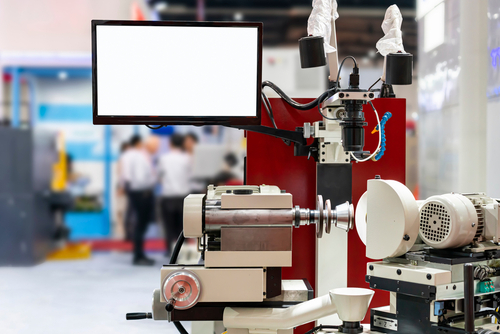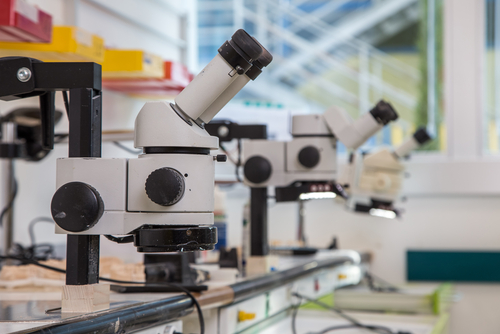Technical ceramics have numerous applications in a variety of industries, including aerospace, automotive, medical, and electronics. They possess unique properties such as high strength, hardness, and resistance to wear, corrosion, and extreme temperatures. To ensure that technical ceramics meet the high standards required for their applications, it is essential for ceramic materials companies to implement quality control measures throughout the manufacturing process.
Why is quality control important in advanced ceramics manufacturing?

Raw materials
Raw material inspection is the first step in quality control. It involves checking the quality and purity of the raw materials used in the manufacturing process. The chemical composition, particle size distribution, and other properties of the raw materials must be consistent with the requirements of the final product. Any impurities or variations in the raw materials can affect the properties of the final product.
Powder characterization
Powder characterization is another important step in quality control. It involves analyzing the physical and chemical properties of the ceramic powder, including particle size, surface area, density, and flowability. These properties can affect the quality and performance of the final product.
Mixing
Mixing is the process of blending the powder with binders, lubricants, and other additives to form a homogenous mixture. The quality of this process is critical in ensuring that the final product has consistent properties. Any deviations can lead to variations in the density, porosity, and other properties of the final product.
Shaping
Shaping involves forming the powder mixture into the desired shape through injection molding. The quality of this process can affect the strength, density, and uniformity of the final product, while any defects or deviations can affect its performance and reliability.
Sintering
Sintering is the process of heating the shaped part to a high temperature to densify and strengthen it. Proper control of the sintering parameters such as temperature, time, and atmosphere is critical in ensuring that the final product has the desired properties and microstructure.
Machining
Machining represents shaping and finishing of the sintered part to the final dimensions and surface finish. This process can affect the dimensional accuracy, surface finish, and strength of the final product.
Final inspection
Final inspection involves checking the final product for defects and ensuring that it meets the desired specifications. This includes checking the dimensions, surface finish, mechanical strength, and electrical properties. It’s typically performed through automated systems that use advanced sensors and cameras. The results are then recorded, analyzed, and communicated to the production team.
What are the leading ceramics materials companies?

With over a quarter of century of experience in the industry, we boast consistent commitment to quality and exceptional customer service. We cooperate with both domestic and international clients to deliver premium-quality components across a variety of industries. We have the technology and means to help you achieve results. Feel free to email us at sales@wundermold.com or give us a call and tell us all about the parts you need.